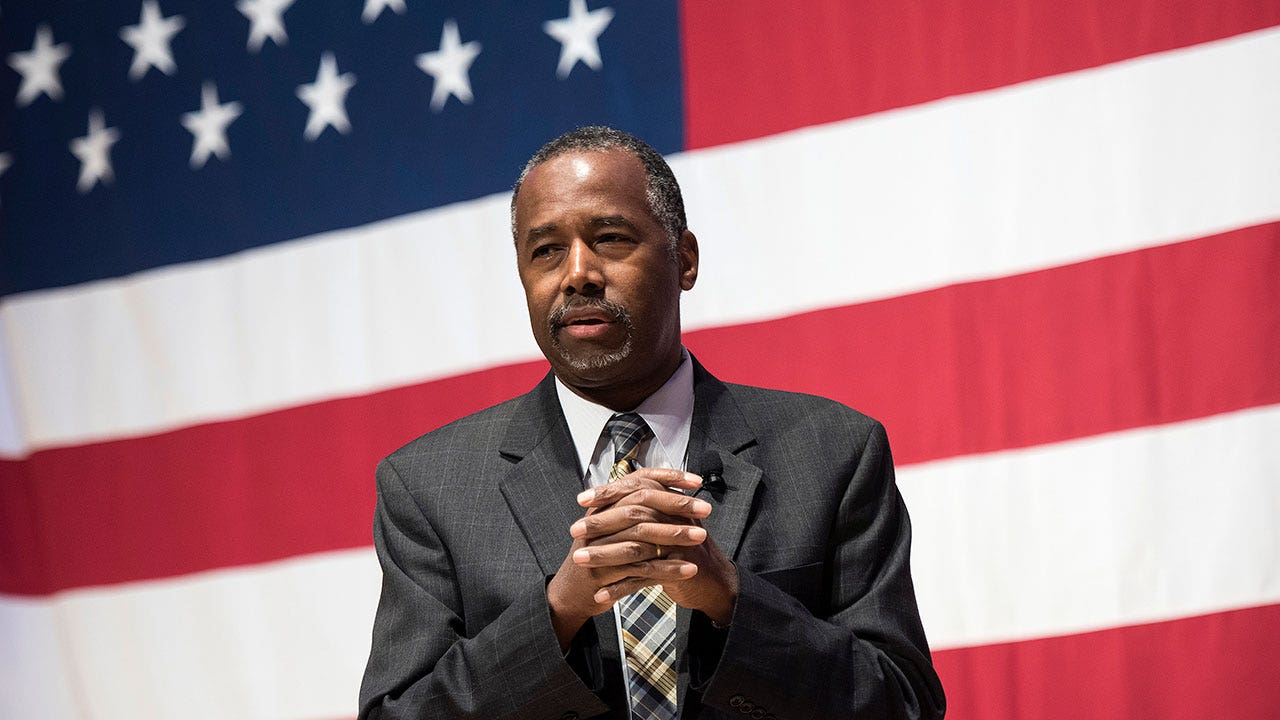Trump Administration's NIH Grant Cuts Ruled Illegal by Federal Judge

Boston, MA – A federal judge in Boston has delivered a significant blow to the legacy of the Trump administration's policies regarding scientific research funding. In a ruling issued Monday, Judge Nathan R. Friedman declared the termination of National Institutes of Health (NIH) grants focused on diversity-related topics as “void and illegal.” This decision marks a pivotal moment in the ongoing debate surrounding political interference in scientific pursuits and the importance of protecting research that addresses critical social issues.
The case centered around grants awarded by the NIH to explore issues of racial and ethnic disparities in healthcare, as well as the impact of bias and discrimination on health outcomes. The Trump administration, in its final months, abruptly cut funding for these grants, citing concerns about the research being politically motivated and outside the scope of the NIH’s mission. This action sparked immediate backlash from scientists, advocacy groups, and legal experts, who argued that the cuts were arbitrary, politically driven, and violated established legal procedures.
Judge Friedman’s ruling affirmed these concerns, stating that the administration’s actions were “arbitrary and capricious” and lacked a rational basis. The judge found that the administration failed to provide a clear explanation for the grant terminations and did not follow proper procedures for revoking funding. The court emphasized the importance of protecting the independence of scientific research and preventing political considerations from influencing funding decisions.
“The government’s justification for terminating these grants was not supported by the record,” Judge Friedman wrote in his ruling. “The administration’s actions were motivated by a desire to advance a political agenda, rather than to ensure the integrity of scientific research.”
The plaintiffs in the case, a consortium of researchers and advocacy groups, celebrated the ruling as a victory for science and a reaffirmation of the importance of diversity research. They argued that the terminated grants were essential for understanding and addressing persistent health inequities in the United States.
“This is a momentous decision that sends a clear message that political interference in scientific research will not be tolerated,” said Dr. Maria Rodriguez, lead researcher and spokesperson for the plaintiffs. “These grants were vital for advancing our understanding of health disparities and developing effective interventions to address them. We are thrilled that the court recognized the importance of this work and has restored funding for these critical projects.”
The ruling is expected to have far-reaching implications for the NIH and other federal agencies that fund scientific research. It underscores the need for transparency and accountability in funding decisions and reinforces the principle that scientific research should be guided by evidence and expertise, rather than political considerations. While the Trump administration’s actions have been deemed illegal, the debate over the appropriate role of government in funding scientific research continues, particularly when it addresses sensitive social issues.
The NIH has yet to comment on the specific steps it will take to reinstate the terminated grants. However, sources within the agency have indicated that they are reviewing the ruling and preparing to implement the court’s order. This decision serves as a crucial precedent for safeguarding the integrity and independence of scientific inquiry in the face of political pressures.
This case highlights a broader concern regarding the politicization of science and the potential consequences for public health and well-being. The court's decision offers a significant safeguard against such interference and reinforces the vital role of unbiased research in informing public policy and improving lives.






